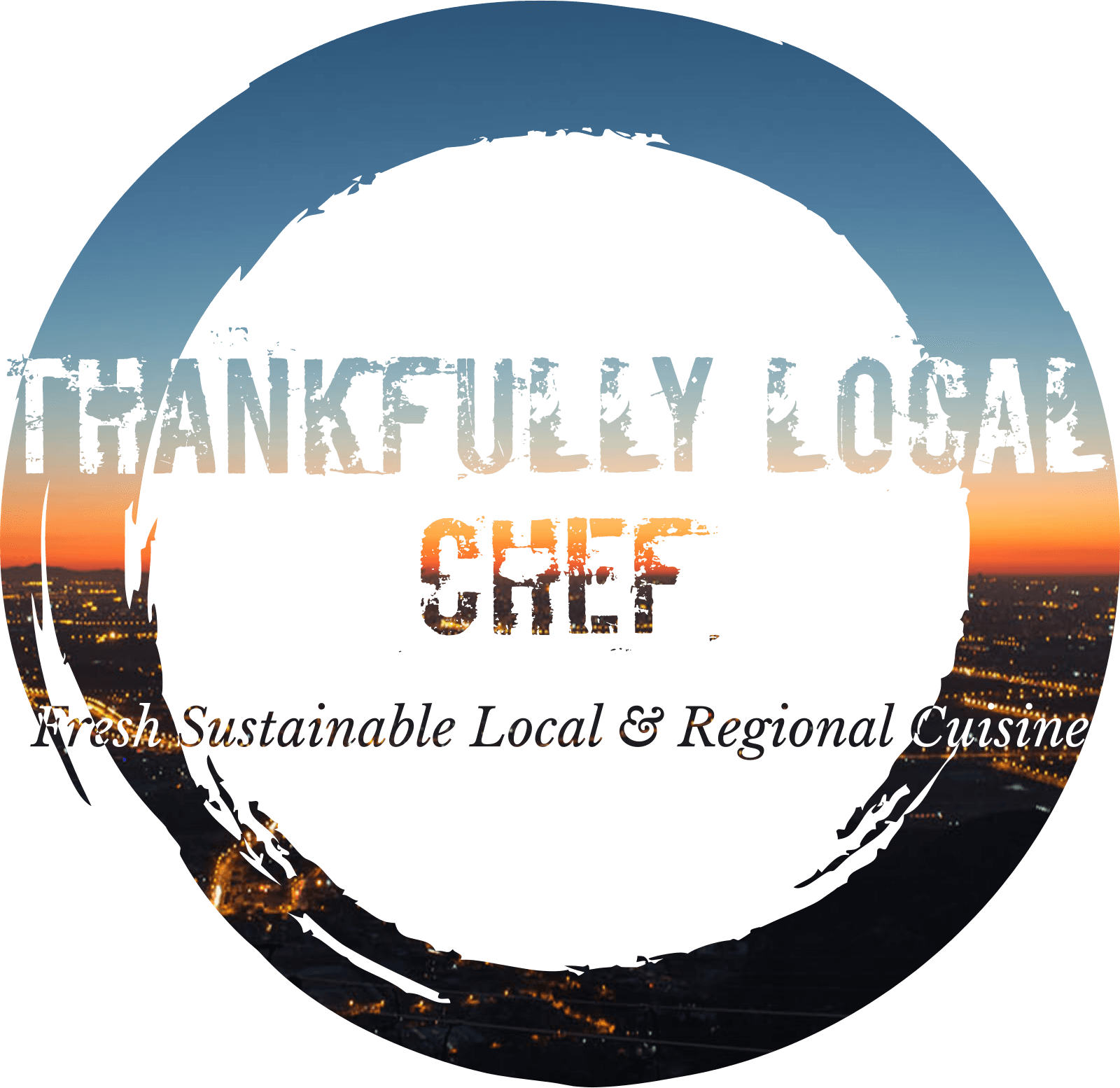The Clean Fifteen vs. The Dirty Dozen: Why Private Chefs Should Care
The Clean Fifteen vs. The Dirty Dozen: Why Private Chefs Should Care
As a private chef, your clients rely on you to provide them with the most delicious and nutritious meals. But have you ever wondered about the quality of the ingredients you use? Specifically, how clean or dirty they are?
Enter the Clean Fifteen and the Dirty Dozen - two lists that can greatly impact your ingredient choices. These lists are compiled by the Environmental Working Group (EWG) and highlight the fruits and vegetables with the highest and lowest pesticide residues.
What is the Clean Fifteen?
The Clean Fifteen is a list of produce that has been found to have the lowest levels of pesticide residues. These fruits and vegetables are considered to be the cleanest and safest options to use in your culinary creations. Avocados
Sweet corn,Pineapple,Onions.Papaya,Sweet peas (frozen),Asparagus,Honeydew melon,Kiwi,Cabbage,Mushrooms
Mangoes
Sweet potatoes
Watermelon
Carrots
And what about the Dirty Dozen?
The Dirty Dozen, on the other hand, consists of fruits and vegetables that have been found to have the highest levels of pesticide residues. These are the produce items that you should be more cautious about when purchasing and using in your dishes. The following are included in this list: strawberries, spinach, kale, collard and mustard greens, grapes, peaches, pears, nectarines, apples, bell and hot peppers, cherries, blueberries and green beans

Why should private chefs care?
As a private chef, you have the opportunity to make a positive impact on your clients' health and well-being. By using the Clean Fifteen as your go-to ingredients, you can provide them with meals that are free from harmful pesticides. This not only ensures their safety but also enhances the overall quality of your dishes.
Additionally, being aware of the Dirty Dozen allows you to make informed decisions when selecting produce. You can choose to either avoid these items altogether or opt for organic alternatives, which have been grown without the use of synthetic pesticides such as Certified Naturally Grown which we have written a previous blog post about.
How can you incorporate the Clean Fifteen and the Dirty Dozen into your cooking?
One way to incorporate these lists into your cooking is by creating menus that feature the Clean Fifteen prominently. Use avocados in your salads, pineapples in your desserts, and onions in your savory dishes. These ingredients not only add flavor and texture but also give your clients peace of mind.

When it comes to the Dirty Dozen, consider using them sparingly or replacing them with organic alternatives. For example, instead of using conventionally grown strawberries, opt for organic strawberries that are free from harmful pesticides.
Conclusion
The Clean Fifteen and the Dirty Dozen are valuable resources for private chefs who prioritize the health and well-being of their clients. By familiarizing yourself with these lists and incorporating them into your cooking, you can provide meals that are not only delicious but also safe and nutritious.
So, the next time you're planning your menu, take a moment to consider the Clean Fifteen and the Dirty Dozen. Your clients will appreciate your commitment to their health, and you'll be one step closer to becoming a top-notch private chef.
Thanks for reading this. This is your hidden promo to contact us at the number below for all your weekly meal prep and plated dinner needs. You can now recieve last years pricing for one month trial session of four consecutive weeks when you contact us today! Affordable clean dinners are within your reach. Contact us today.
